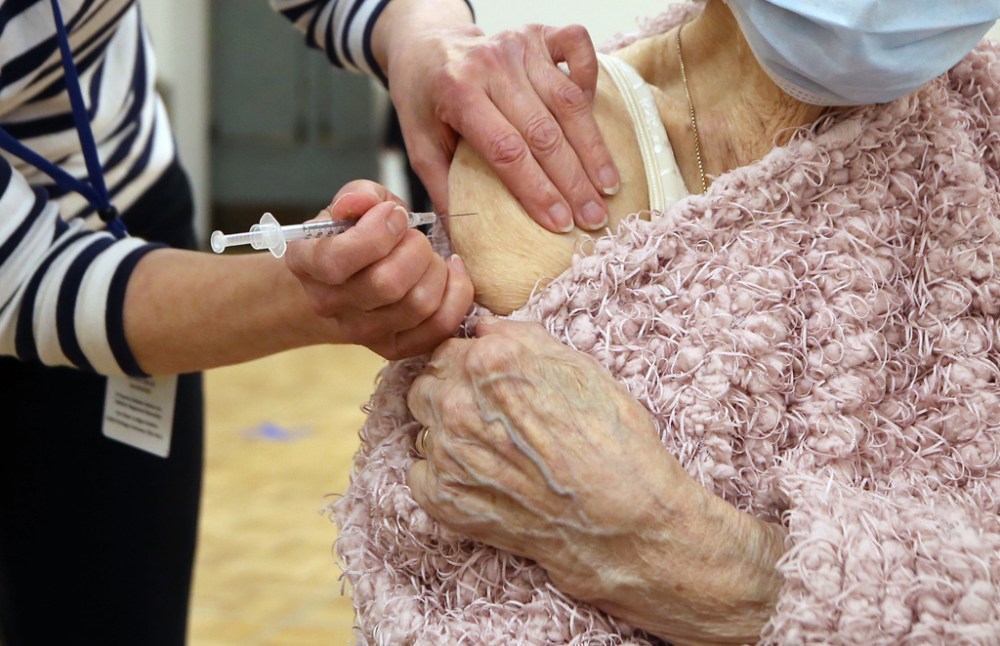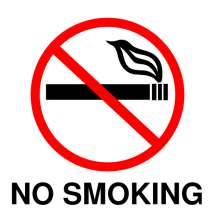Manitoba fails to problem-solve on vaccine rollout
Read this article for free:
or
Already have an account? Log in here »
To continue reading, please subscribe:
Monthly Digital Subscription
$0 for the first 4 weeks*
- Enjoy unlimited reading on winnipegfreepress.com
- Read the E-Edition, our digital replica newspaper
- Access News Break, our award-winning app
- Play interactive puzzles
*No charge for 4 weeks then price increases to the regular rate of $19.00 plus GST every four weeks. Offer available to new and qualified returning subscribers only. Cancel any time.
Monthly Digital Subscription
$4.75/week*
- Enjoy unlimited reading on winnipegfreepress.com
- Read the E-Edition, our digital replica newspaper
- Access News Break, our award-winning app
- Play interactive puzzles
*Billed as $19 plus GST every four weeks. Cancel any time.
To continue reading, please subscribe:
Add Free Press access to your Brandon Sun subscription for only an additional
$1 for the first 4 weeks*
*Your next subscription payment will increase by $1.00 and you will be charged $16.99 plus GST for four weeks. After four weeks, your payment will increase to $23.99 plus GST every four weeks.
Read unlimited articles for free today:
or
Already have an account? Log in here »
Hey there, time traveller!
This article was published 04/03/2021 (1741 days ago), so information in it may no longer be current.
It is exactly the kind of scenario the architects of Manitoba’s COVID-19 vaccine task force were trying to avoid.
John and Mary live in southern Manitoba and both are eligible to receive the COVID-19 vaccine. However, because Mary is 90, she was able to make an appointment earlier than John, who is 89.
The result is that Mary has an appointment on March 10, but John, who could not book an appointment at the same time, has to wait until March 12 to get his shot. A request to get approval for both to be vaccinated on the same day was denied.
They will have to drive an hour to Winnipeg — twice — to get vaccinated at the downtown clinic at the RBC Convention Centre.
“I inquired about whether we could get them on the same day, but was told they couldn’t accommodate that,” John said. “My main gripe is that they have known for months that vaccinations are coming but they couldn’t open the (immunization) site in Morden. Not everyone in this age group is comfortable driving into the centre of Winnipeg and having to deal with traffic and parking.”
A provincial spokesman confirmed that right now, only one appointment can be booked during a single call into the vaccine call centre, although there will be changes to “allow eligible individuals to book same-day appointments for their eligible spouse or partner.”
We should have some sympathy for the people overseeing Manitoba’s vaccine rollout. This is the single greatest public health challenge in more than a century and, given the world’s collective failure to prepare for a pandemic, we’ve been forced to wander somewhat blindly through this crisis.
It’s a big challenge with grave consequences and no playbook.
However, even with all of the immense logistical challenges and the frightening novelty of pandemic conditions, we’re doing a pretty bad job of anticipating problems such as those faced by John and Mary.
This week, the Free Press has been jammed with stories about senior Manitobans being forced to drive for hours to get a vaccination because they don’t live in a community with a clinic. The province has, so far, been tardy in establishing pop-up clinics in smaller communities.
Other elderly Manitobans who are strong enough to live on their own, but too weak to make the arduous trip to a vaccination clinic in another community, are left to wonder when, or if, they will be vaccinated.
The lack of vaccine supply is certainly part of the problem. More doses would likely allow for a broader and more flexible approach to distribution. But a lack of supply does not explain all of the problems we’ve seen this week.
If a 90-year-old Manitoban needs to travel to Winnipeg to get a shot, and the person who will bring them is a partner or spouse of advanced age, it’s pretty obvious both should be vaccinated. Public health officials need to immediately grant call-centre workers a modicum of discretion — anchored to well-defined criterion — to recognize obvious opportunities to meet obvious needs.
It’s really as simple as asking where the eligible person lives, who will be taking them to the clinic, how old that person is and whether they have already been vaccinated. With a few parameters in place to prevent abuses, John could have — really should have — been offered an appointment.

It should be noted that problems like this are hardly a Manitoba phenomenon. All over the world, even in countries with access to larger supplies of vaccines, there has been a failure to get people to the vaccines, or vaccines to the people who need them.
Across Canada, few provinces have established functioning online booking systems and those that have are suffering a variety of bugs. In Montreal, a web-based booking system has been beset by technical problems, including a chronic tendency for the site to time out before people complete their online forms.
In New York City, where there is really no shortage of vaccines, residents have been forced to play a game of immunization whack-a-mole to get appointments for first or second doses.
Vaccinations are available through a broad array of public and private clinics but a lack of co-ordination means New Yorkers are left to search multiple websites in the hopes of finding an open appointment. Things have gotten so bad that community organizations like Epicenter NYC have started mobilizing volunteers to do nothing else but scan for open immunization appointments for people who have been shut out.
All that said, any large-scale public health initiative can and should be judged by its ability to anticipate challenges and provide solutions in a timely fashion. This isn’t about being perfect. But Manitoba’s immunization task force needs to adopt a fail-fast mindset where problems are identified and solutions are provided in real time.
Right now, there seems to be a maddeningly high tolerance for problems, and not enough urgency when it comes to providing solutions. And you can’t blame that on a shortage of vaccine.
dan.lett@freepress.mb.ca

Born and raised in and around Toronto, Dan Lett came to Winnipeg in 1986, less than a year out of journalism school with a lifelong dream to be a newspaper reporter.
Our newsroom depends on a growing audience of readers to power our journalism. If you are not a paid reader, please consider becoming a subscriber.
Our newsroom depends on its audience of readers to power our journalism. Thank you for your support.
History
Updated on Thursday, March 4, 2021 8:19 PM CST: tweaks wording











